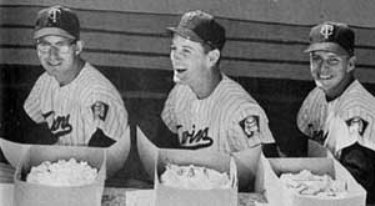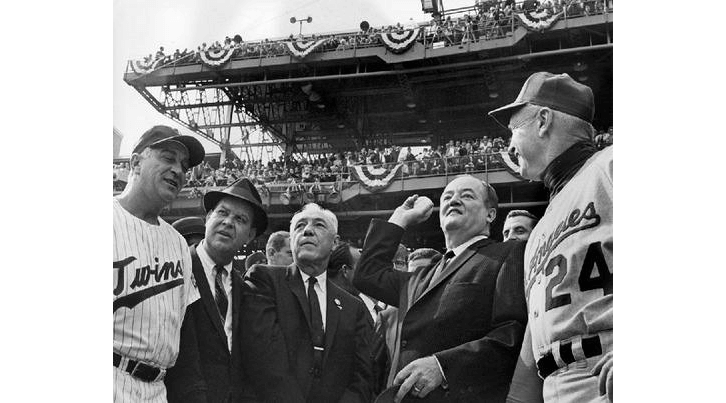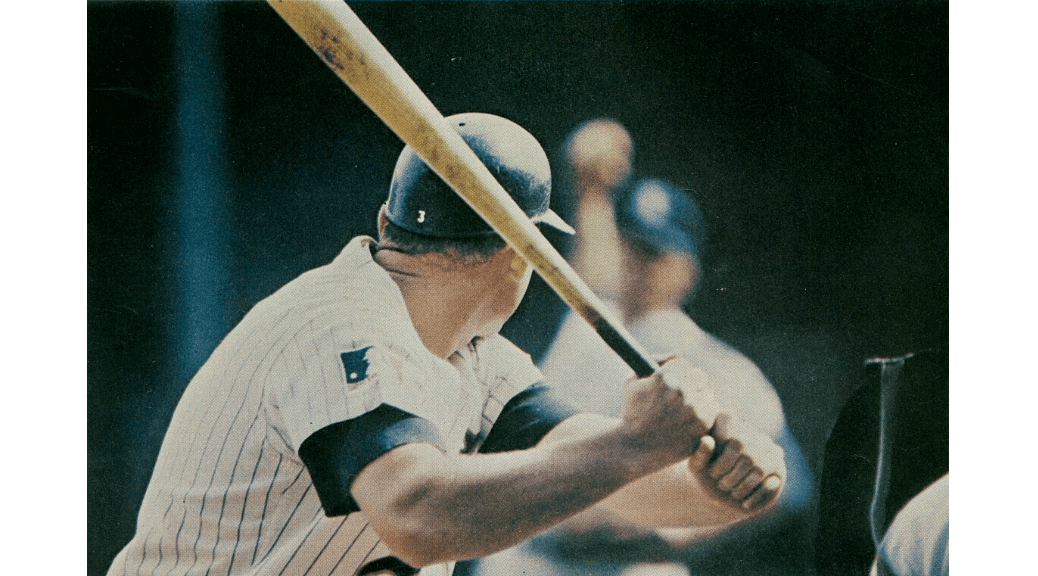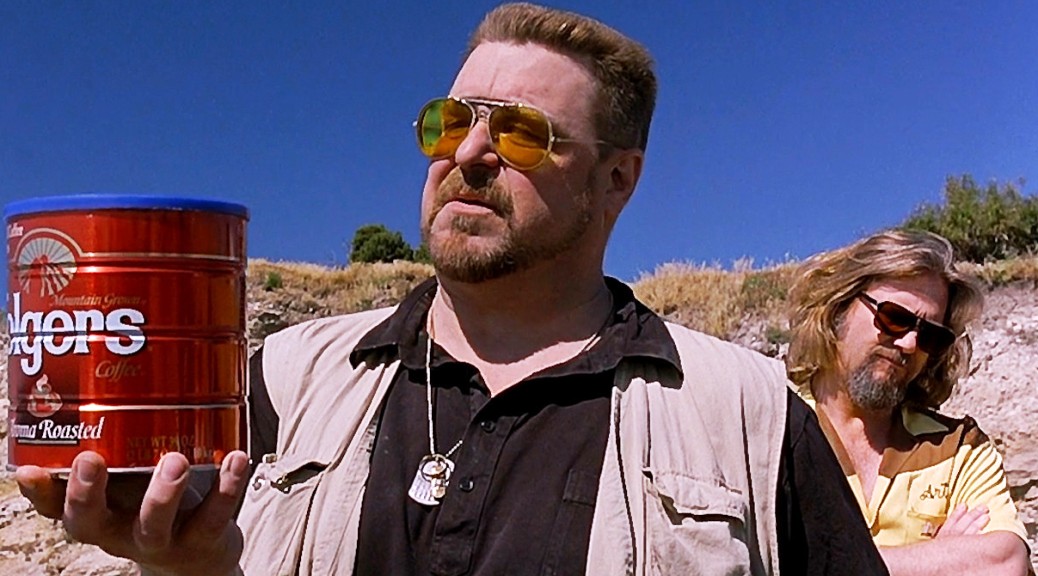DETROIT 5, MINNESOTA 4 IN DETROIT
Date: Sunday, June 13.
Batting stars: Bob Allison was 2-for-4 with a two-run homer, his tenth. Harmon Killebrew was 1-for-2 with a home run (his eleventh) and two walks. Joe Nossek was 1-for-4 with a home run.
Pitching star: Bill Pleis pitched 1.2 innings, giving up a hit and a walk.
Opposition stars: Willie Horton was 2-for-3 with a two-run homer (his thirteenth), a double, and a walk, scoring twice. Al Kaline was 2-for-5 with two doubles and an RBI. Dick McAuliffe was 2-for-3 with a walk and a run.
The game: Kaline doubled in a run in the first and Horton hit a two-run homer in the third to give the Tigers a 3-0 lead. The Twins chipped away, getting a solo homer by Killebrew in the fourth and another from Nossek in the fifth to cut the lead to 3-2, but the Tigers scored single runs in the sixth and seventh to again take a three-run lead at 5-2. Allison hit a two-run homer in the eighth to again cut the lead to one at 5-4, but the Twins did not get another baserunner after that.
Of note: Zoilo Versalles was 0-for-4. Rich Rollins was 0-for-4. Tony Oliva was 2-for-4 with a run. Jim Kaat pitched only three innings, giving up three runs (one earned) on four hits and a walk with one strikeout.
Record: The loss dropped the Twins to 34-20. They remained in first place, but their lead over Chicago dropped to a half-game.
Notes: Nossek played in place of Jimmie Hall, who was rested. As we've seen, the notion that the Glorious Guardians of the Game have put forward, that in the old days everyone played every game unless they had a broken leg and even then they'd try to hop around if they could, is not true. Players got days off for rest back in the 1960s, too. Pitchers were handled a lot differently then, though. Mickey Lolich came in to pitch the ninth of this game and got a save. He had just pitched seven innings on two days earlier and would pitch 6.2 innings three days later. Lolich made six relief appearances in 1965 and got three saves. He also pitched three shutouts that year. I wonder what the record is for "as many shutouts as saves" or, looking at it the other way, "as many saves as shutouts".








 (3 votes, average: 9.33 out of 10)
(3 votes, average: 9.33 out of 10)

